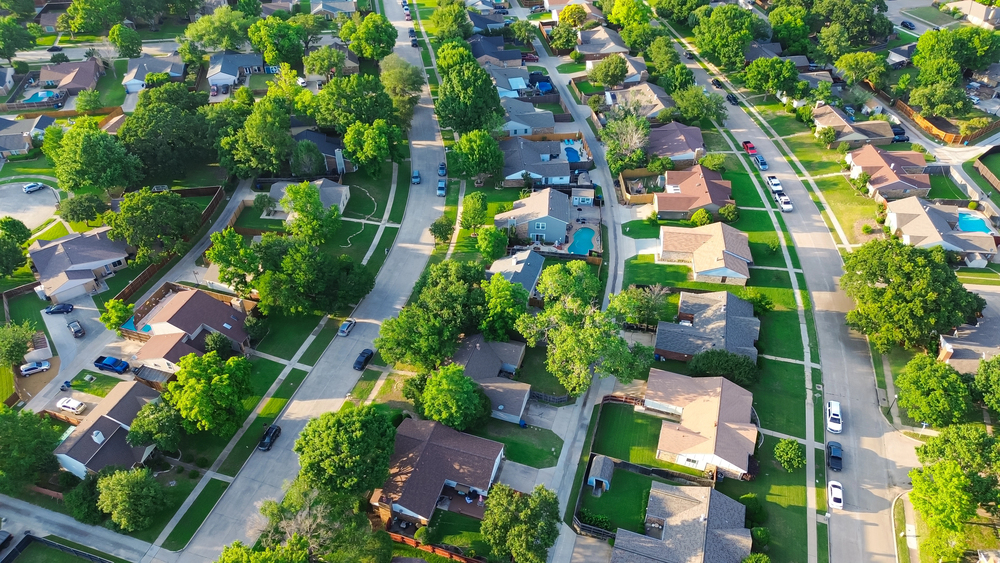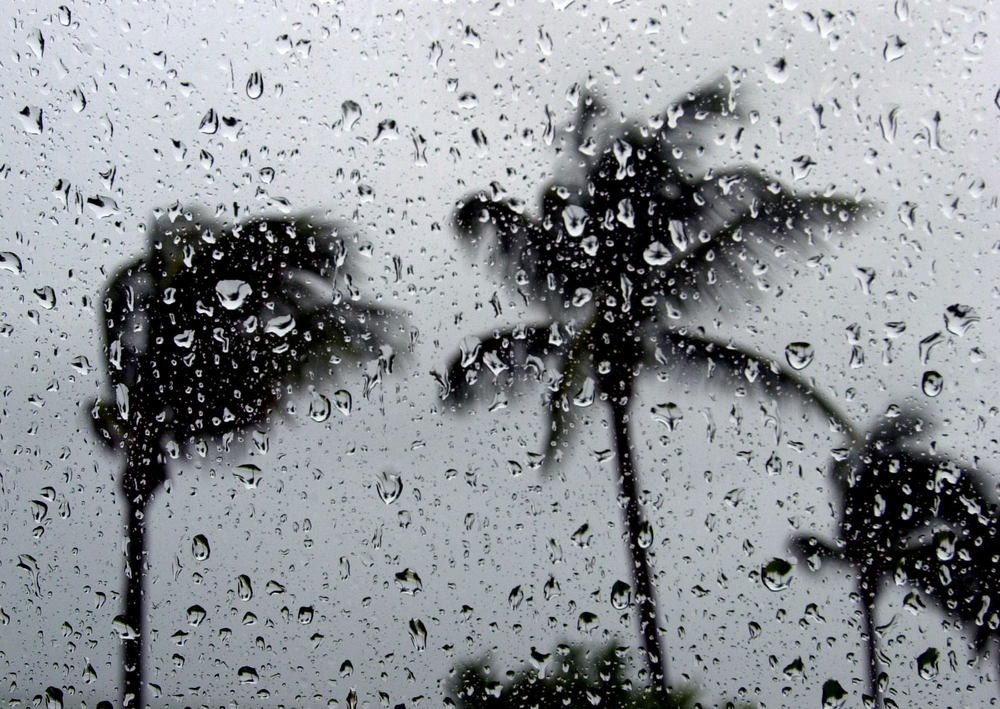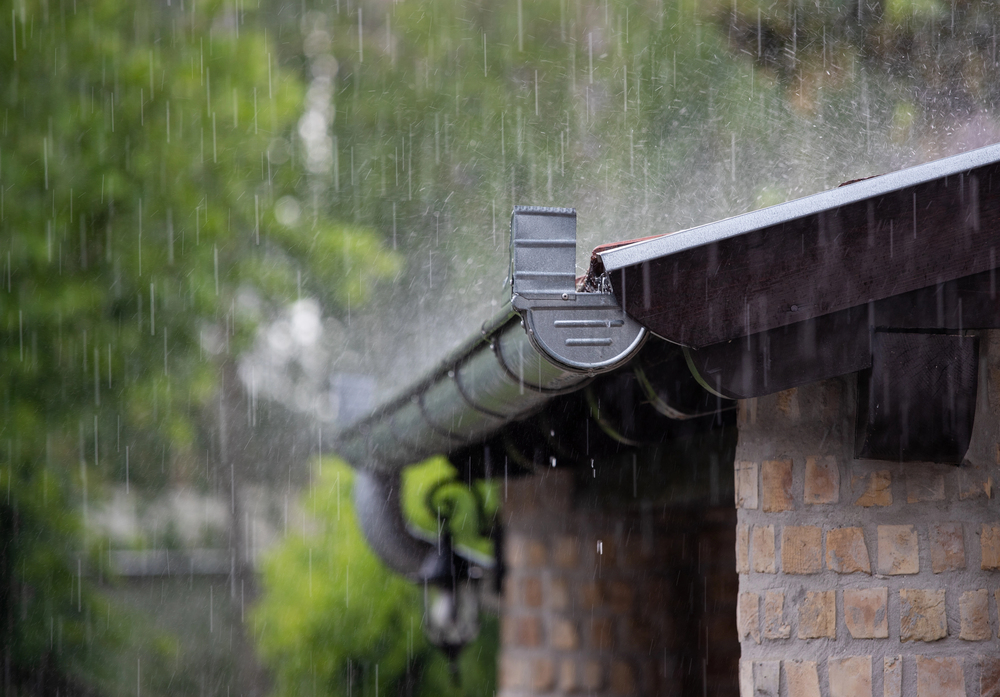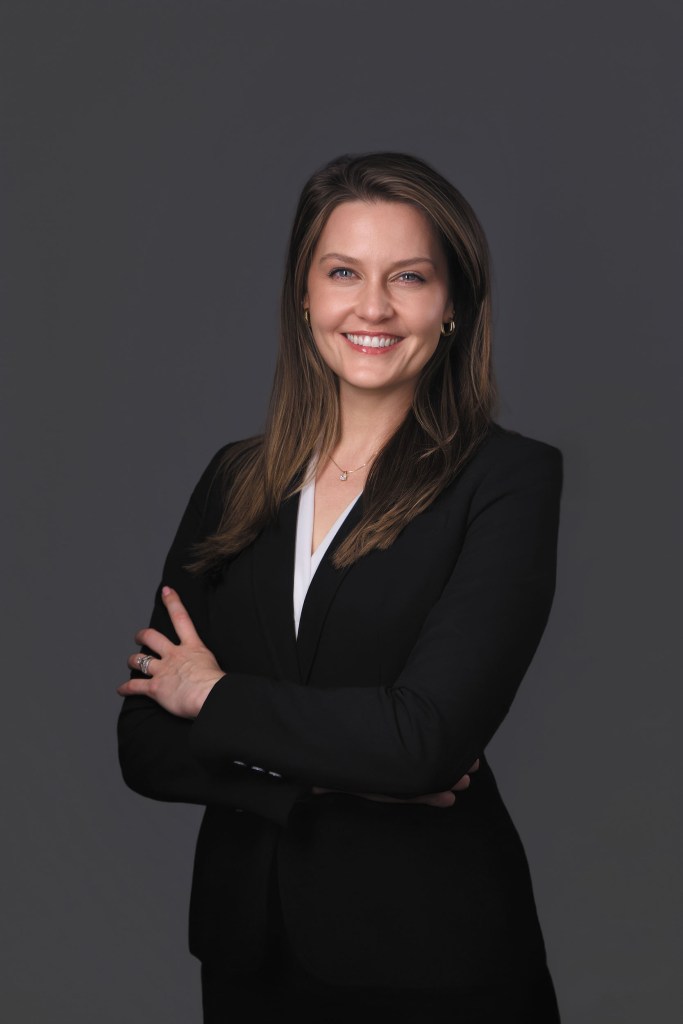When Does the Continuous Seepage Exclusion Start in a Homeowners Policy?
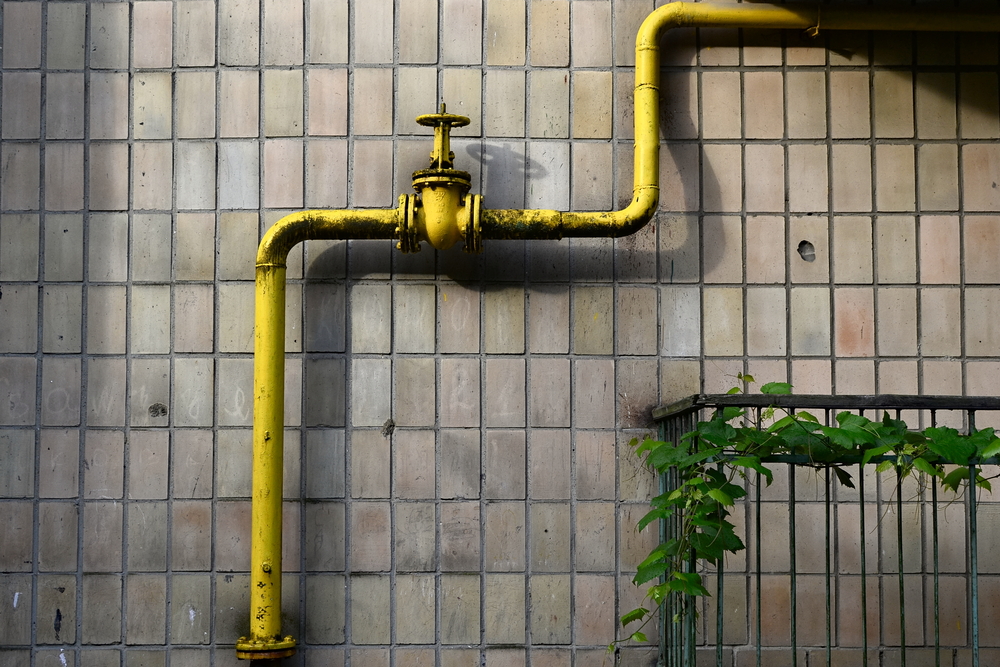
By: Big “I” Virtual University Faculty
A client filed a homeowners claim where the condensation line in the furnace and air conditioning unit had been leaking over a long period of time. It damaged the floor and rusted and corroded the bottom of the unit. The insurance company has denied the claim because of the time period that the leak occurred.
However, in SECTION I – PERILS INSURED AGAINST, the homeowners policy says:
“Unless the loss is otherwise excluded, we cover loss to property covered under Coverage A or B resulting from an accidental discharge or overflow of water or steam from within a plumbing, heating, air conditioning or automatic fire protective sprinkler system or household appliance on the ‘residence premises’. This includes the cost to tear out and replace any part of a building, or other structure, on the “residence premises”, but only when necessary to repair the system or appliance. However, such tear out and replacement coverage only applies to other structures if the water or steam causes actual damage to a building on the ‘residence premises’. We do not cover loss to the system or appliance from which this water or steam escaped.”
Q: Since this part of the policy is silent regarding the continuous and repeated leakage language, does this give coverage to help pay for the cost to tear out and replace part of the house that was damaged by water?
Response 1: In the same section of the policy, it says:
2. We do not insure, however, for loss:
c. Caused by:
(5) Continuous or repeated seepage or leakage of water, steam or moisture, or presence or condensation of humidity, moisture or vapor, over a period of weeks, months or years from a plumbing, heating, air conditioning or automatic fire protective sprinkler system or a household appliance that results in deterioration or rust.
I feel that explanation of continuous and repeated seepage takes precedence in your scenario. I agree with the adjuster in this instance.
Response 2: Since gradual water damage is otherwise excluded, the first phrase of the paragraph you cite, the exception doesn’t give back coverage. Not that it’s much consolation, but almost all homeowners forms now exclude water damage from leaks that occur over a period of weeks or longer.
Response 3: According to your description of the incident, it is otherwise excluded by c.(5).
What does the exception mean? It’s a lawyer question, of course, but it seems to allow coverage for smog, rust or other corrosion, or dry rot resulting from an accidental discharge from a heating system—but only if no other exclusion applies.
It’s hard to imagine, but suppose there was a sudden surge in water pressure from the supply system and it pushed an amount of water into the compartment under the furnace—a single instance in a short period of time. The water lays there undiscovered and causes corrosion of the furnace casing and rots the floor beneath. This is not reached by exclusion c.(5) because the discharge was not continuous or repeated.
Pretty slim, I know, but it reflects an obvious attempt by the insurer to exclude damage such as rust, rot, or corrosion.
Response 4: A helpful article from Merlin Law Group explains a court case in Florida dealing with the continuous seepage exclusion. The court ruled that damage that occurred in the first 13 days was covered.
I corresponded with an agent recently on a very similar claim. The crux of the matter under many forms is, “When did the damage take place?” That’s important because of this excerpt from the case:
“In light of the general principle that insurance policy provisions susceptible to more than one interpretation should be construed liberally in favor of the insured and strictly against an insurer, and that exclusionary clauses should be read even more narrowly, we hold that an insurance policy excluding losses caused by constant or repeated leakage or seepage over a period of fourteen days or more does not unambiguously exclude losses caused by leakage or seepage over a period of thirteen days or less.”
If it is possible to identify damage that took place in the first 13 days, you have an argument for coverage for that damage. C.(5) excludes water damage “over a course of weeks, months, or years whether hidden or not.” Since “weeks” is plural, the shortest time frame that could be used to exclude damage is 14 days.
The Florida case also cites several court cases stating that any ambiguity is resolved in the favor of the insured, which is solid case law around the country. If there is a way to identify when the damage took place, you have an argument for coverage.
Likewise, if the insurer can’t state with certainty when the damage occurred then ambiguity may come into play in the favor of the insured. It’s probably tough to do this, but that’s my best shot for coverage.
This question was originally submitted by an agent through the Big “I” Virtual University’s (VU) Ask an Expert service, with responses curated from multiple VU faculty members. Answers to other coverage questions are available on the VU website. If you need help accessing the website, request login information.
This article is intended for general informational purposes only, and any opinions expressed are solely those of the author(s). The article is provided “as is” with no warranties or representations of any kind, and any liability is disclaimed that is in any way connected to reliance on or use of the information contained therein. The article is not intended to constitute and should not be considered legal or other professional advice, nor shall it serve as a substitute for obtaining such advice. If specific expert advice is required or desired, the services of an appropriate, competent professional, such as an attorney or accountant, should be sought.


